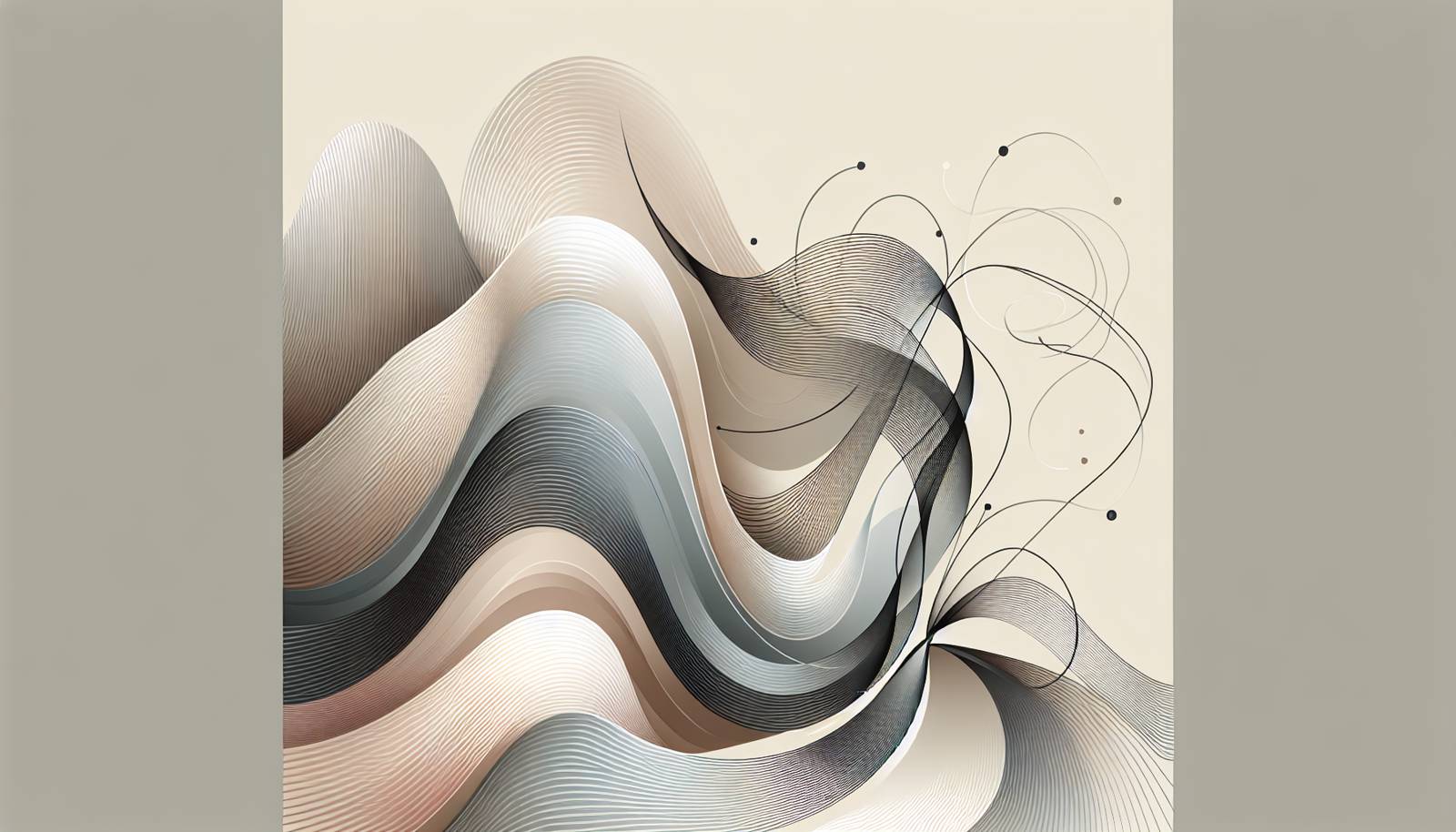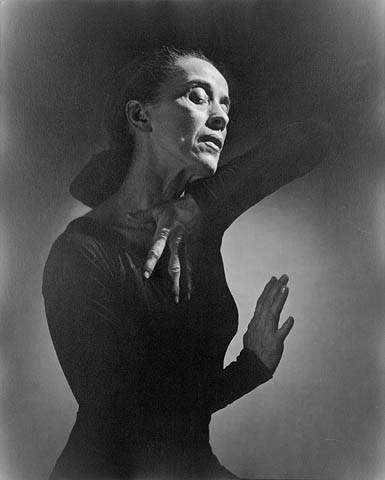
FAQ About The Evolution of Modern Dance Reality Shows

What are modern dance reality shows?
Modern dance reality shows are televised competitions or programs that focus on the art of dance. These shows often feature dancers performing various genres, including contemporary, hip-hop, ballet, and ballroom, among others. They aim to showcase the talents of both amateur and professional dancers, offering the public an entertaining view of dance as an art form.

How have dance reality shows influenced public perceptions of dance?
Dance reality shows have significantly shifted public perceptions by bringing dance into mainstream media, making it more accessible and relatable. They have demystified the art form, showcasing not just the performances but also the hard work, dedication, and emotion that underlie each dance. This exposure has helped to elevate dance as a respected form of artistic expression.

Which modern dance reality shows have been the most influential?
Some of the most influential modern dance reality shows include "So You Think You Can Dance," "Dancing with the Stars," and "World of Dance." These shows have not only popularized various dance styles but have also launched the careers of many dancers and choreographers, influencing dance culture worldwide.

What impact have dance reality shows had on dance trends?
Dance reality shows have played a significant role in influencing dance trends by introducing new choreography styles and music. Trends such as "tutting" or "waacking" in hip-hop, and the resurgence of ballroom dancing can be attributed to their portrayal in these shows. As a result, the dance vocabulary has expanded, and audiences are more aware of and interested in diverse dance styles.

How have dance reality shows influenced global dance culture?
By airing internationally, shows have exposed diverse audiences to a wide range of dance styles and techniques, sparking global interest and participation. They have also facilitated cultural exchange, with choreographers and dancers from various backgrounds influencing show formats and performances across different countries.

Are dance reality shows beneficial for professional dancers?
Yes, dance reality shows can be beneficial for professional dancers by providing them with a platform to showcase their talents to a broader audience. Many dancers gain valuable industry exposure, career opportunities, and personal growth through their participation in these shows. Furthermore, they often serve as a stepping stone into other entertainment fields, such as stage performances, music videos, and acting.

Do these shows accurately represent the dance world?
While dance reality shows capture the essence of dance, they often emphasize entertainment aspects, potentially overlooking the technical and professional challenges faced in the dance industry. Despite this, they provide a valuable glimpse into the processes of learning and executing dance, though they might not fully depict the rigorous and disciplined lifestyle of a professional dancer.

What are some criticisms of modern dance reality shows?
Criticisms include the potential for oversimplification of dance styles and the practice of prioritizing entertainment over artistry. Additionally, there is concern that the competitive nature of these shows might push participants into focusing on marketable performances rather than genuine artistic expression. The pressure for dramatic narratives may also affect the authenticity of what is portrayed.

How do dance reality shows select their contestants?
Contestants are typically selected through auditions, which may be held in multiple cities or submitted via online platforms. Candidates are required to demonstrate their skills in various dance styles, and selections are often based on talent, versatility, and potential television appeal. The selection process is designed to find dancers who can captivate an audience while offering a diverse range of performances.

What role do judges and mentors play in these shows?
Judges and mentors are crucial in shaping the development and outcomes of dance reality shows. Judges, often professionals or celebrities in the dance world, provide critiques aimed at improving performances and making eliminations. Mentors help contestants enhance their technique and artistic expression, offering guidance, support, and choreographic training throughout the show's duration.

How has social media impacted dance reality shows?
Social media has amplified the impact of dance reality shows by providing platforms for more extensive discussion, fan engagement, and promotion. It enables fans to support their favorite performers through voting and sharing content, thereby influencing the show's dynamics. Furthermore, social media has helped to increase the visibility of contestants and broaden the show's reach across different audiences.

What opportunities do contestants gain from participating?
Participation in dance reality shows provides contestants with significant exposure to industry professionals, leading to networking opportunities and potential career advancements. Many participants gain access to training and mentorship from seasoned dancers and choreographers, increasing their chances of future opportunities in theater productions, film, and television.

How do these shows differ from traditional dance competitions?
Unlike traditional dance competitions, which focus primarily on technique and execution, reality shows incorporate elements of storytelling and entertainment that appeal to a broader television audience. They also introduce competitive formats with eliminations, celebrity judges, and viewer participation, which adds drama and excitement beyond what is typically seen in traditional settings.

What is the impact of viewer voting on dance reality shows?
Viewer voting is a significant factor in dance reality shows, as it directly influences which contestants progress and ultimately win. This interactive component engages audiences and fosters emotional investment in the outcomes. However, it also introduces a bias, as popularity rather than performance quality may dictate results in some instances.

Are children's dance reality shows as popular as those for adults?
Children's dance reality shows, like "Dance Moms" and "Little Big Shots," have found substantial popularity by highlighting young talent and showcasing the nurturing of children's skills. These shows often address unique themes of child development and parental involvement, attracting audiences interested in family entertainment and talent development.

How do dance reality shows balance entertainment with skill demonstration?
Dance reality shows strive to maintain a balance by emphasizing high-level dance performances while weaving in personal stories, challenges, and competitive tension to engage viewers. Choreography and routines are tailored to highlight contestants' skills while ensuring that performances are appealing and exciting for a television audience.

What are the psychological effects on contestants of appearing on these shows?
Competing on dance reality shows can be both a rewarding and challenging experience, sometimes leading to stress due to public scrutiny and competitive pressures. However, they often foster personal growth, resilience, and confidence through the demanding process. It's crucial for participants to maintain a support system and practice self-care during and after their engagement on the platform.

How do reality shows reflect the evolution of dance styles?
Reality shows mirror the evolution of dance styles by continuously introducing audiences to emerging trends and fresh choreography. They regularly feature innovative performances that reflect current social, cultural, and musical influences, thus serving as a catalyst for the continuous evolution and hybridization of dance styles.

What training do dancers undergo for these reality shows?
Dancers typically undergo intense training to prepare for reality shows. This may include mastering various dance styles, increasing physical fitness, and rehearsing complex choreographies designed for the show. Training often involves working with experienced coaches and mentors, and sometimes includes workshops to improve performance skills like stage presence.

How do dance reality shows impact diversity in the dance industry?
Dance reality shows have positively impacted diversity by showcasing dancers from various backgrounds and promoting inclusivity in their casting. By highlighting diverse dance styles and cultural influences, they have contributed to a broader acceptance and appreciation of multiculturalism within the dance industry.
